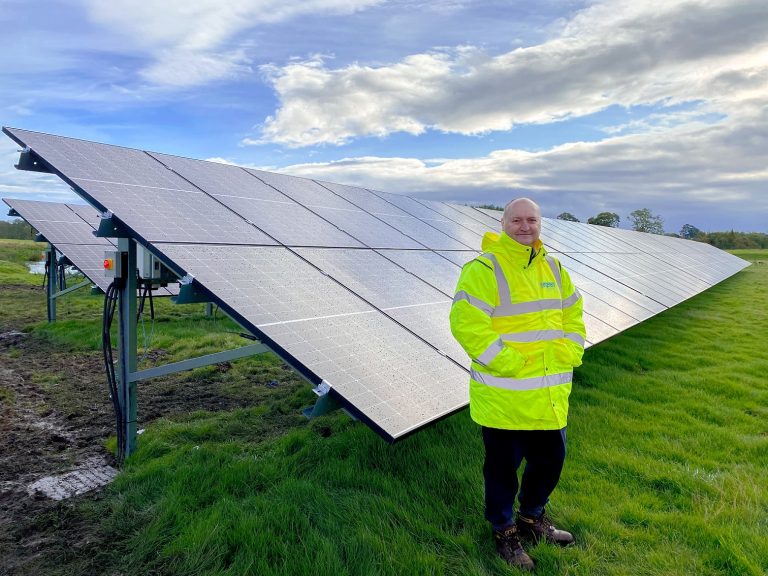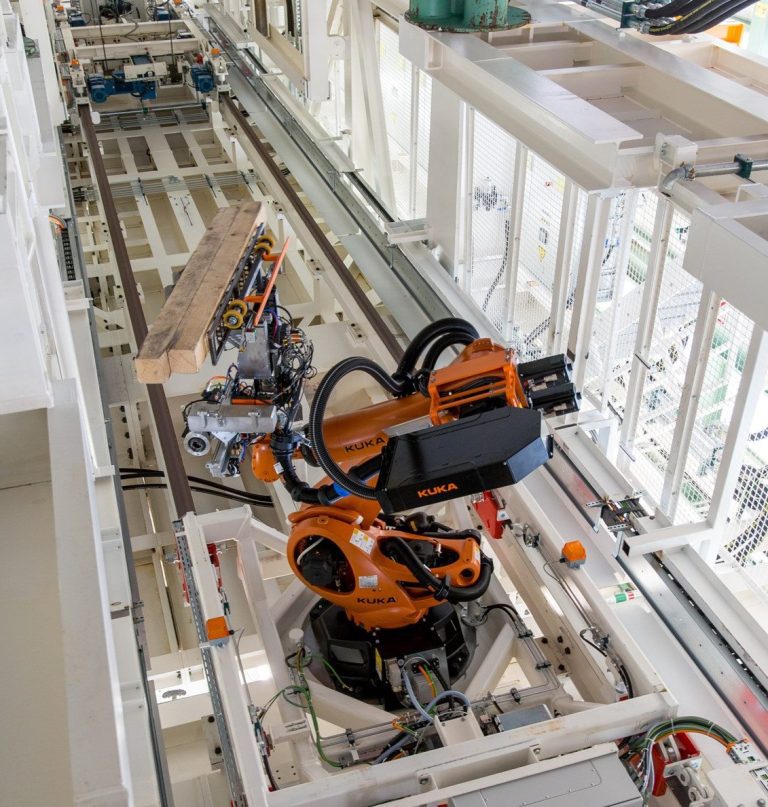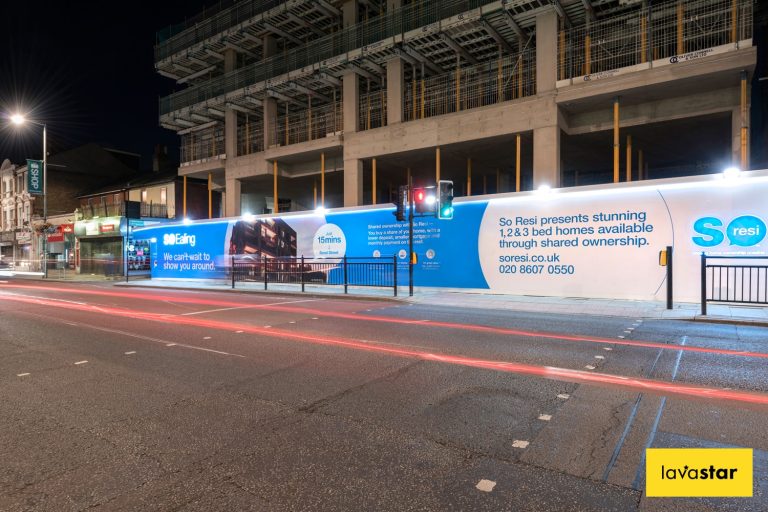As local authorities come under increasing scrutiny around how they invest their pension funds, some innovative financiers in the renewables sector are developing ground-breaking solutions. The trick is to meet the needs of investors and customers who want access to green energy: pension funds need stable returns, minimal risks and, ideally, investments that stand up to scrutiny against ESG (environmental, social, and governance) standards. Meanwhile, customers want access to cheaper renewable energy, but they might not have the funds available to purchase the equipment. One innovative asset-backed deal appears to have neatly ticked all these boxes. Engenera Renewables Group has established a bond programme that provides it with the funds to install a wide range of renewable technology projects at no outlay to the customer and which provides long-term (c 25 years) stable cash flows as the investment return. Working directly with an experienced renewable business, Convexity Capital Partners, the arranger of the £100 million Engenera Green Bonds notes programme, issued by Engenera Green Bonds Plc, has already signed up local authority pension funds as investors and is in due diligence with several more. Launched in late 2019 to little fanfare, the first series of bonds were issued from the programme in November 2019. The initial series of bonds offer investors a 5-year senior secured, asset-backed bond, which is listed on Euronext Dublin (GEM) and the Frankfurt Stock Exchange, paying 7.00% interest. Proceeds from the initial series (and future series) will allow renewable energy specialist Engenera Renewables Group to install a range of renewable technologies, with a particular focus on solar photovoltaic and renewable heat, to its customers, which are typically companies and public sector bodies with a lot of roof or ground space. Proceeds from Engenera’s bond programme can be used to install rooftop solar panels free-of-charge for clients who then enter into a power purchase agreement (PPA), which typically lasts for 20-25 years. The costs of the electricity under the PPA is usually around 20-25% less than charged by the incumbent energy provider, but importantly it includes the cost of the equipment, the installation and the maintenance during the term of the PPA. At the end of the PPA, the ownership of the equipment is transferred to the customer. Since solar panels can last for up to 40 years, this could give clients a further two decades of nearly free energy. Engenera is an established operator. Since 2017, it has completed nearly 200 installations. Having initially started out by selling, installing and maintaining systems for its customers, Engenera diversified its offer to include projects installed under PPAs with the backing of a small number of investors. Engenera’s bond programme now enables the company to fund projects itself, and this has increased the number of installations it is able to achieve while also speeding up the decision-making process. The key benefits for customers are that the generated electricity is often 25%-30% cheaper and that it comes from a sustainable source – enabling the customer to cut its carbon emissions. This is achieved at no capital outlay to the customer since the funding for the project is provided by the proceeds from Engenera’s bond programme. There is a growing momentum towards companies seeking to manage their carbon footprints. A recent survey carried out by Professional Engineering, in association with Engenera Renewables Group, found that 38% of businesses are looking to reduce their carbon footprints within the next year, while 36% are targeting reductions in the next three years. Engenera’s bond programme provides the capital that enable the company to offer the no capital outlay solution to its customers. Bondholders receive a 7.00% fixed rate of interest on their bonds with the cash to pay the coupon coming from the PPA cashflows that Engenera puts in place with its customers. Furthermore, the deal is asset-backed to include with underlying PPAs. Therefore, once all proceeds have been successfully deployed, investors’ security is a pool of long term, index-linked cash flows. Once the full £100m has been issued and successfully deployed, Engenera expects that the portfolio will contain as many as 400 PPAs diversified by size, demographics and sectors. Over time as the bond programme establishes itself, Engenera intends to establish a number of portfolios, each dedicated to a specific sector. The purpose of this is that each portfolio could be sold to a long-term investor willing to hold them for the duration of the long-term PPAs. The initial series of notes have a 5 year-term, which means that at maturity (or before) the projects funded by the bond proceeds will have a further c. 20 years of inflation-linked cash-flows remaining. Based on current demand for long-term, stable cash flows from long-term investors, Engenera believes that these cash flows will be attractive to investors and a key source of refinancing. Engenera’s bond programme ticks a lot of boxes from an ESG standpoint. But it also has an additional attraction, specific to local authorities; Engenera is also willing to agree that the proceeds of any specific investment be spent within the boundaries of that local authority, meaning that businesses and public sector entities in their immediate area will benefit directly. Therefore, if a local authority’s pension fund invests an amount of £5 million in the programme, that investment will be used to fund free rooftop solar installations in that local authority area. The investor might designate public buildings such as libraries, leisure centres and council buildings for installation and/or stipulate the scheme be offered to private businesses. This means the benefits of an investment for a local authority can be fourfold: in addition to the 7.00% return, it can make an investment in renewable energy, boosting its ESG credentials, utilise local labour through Engenera’s installation network, and provide cheaper energy for local businesses and public bodies. Engenera’s funding solution for green energy is an important development and innovation. While a number of large renewable energy companies can self-fund large installations, this is believed to be the first time a company has raised money specifically to self-fund installations













